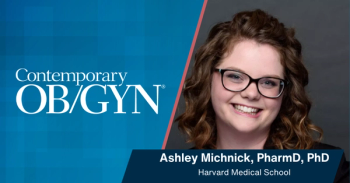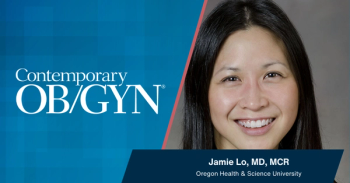
Prophylactic Cerclage Risky in Twin Pregnancies
Women with twin pregnancies should not be given prophylactic cerclage simply because they are carrying two fetuses. A 14-year retrospective study of twins using data from Matria Healthcare indicates that prophylactic cerclage is associated with a higher frequency of very premature delivery, low birth weight and very low birth weight infants, and more nursery days
Women with twin pregnancies should not be given prophylactic cerclage simply because they are carrying two fetuses. A 14-year retrospective study of twins using data from Matria Healthcare indicates that prophylactic cerclage is associated with a higher frequency of very premature delivery, low birth weight and very low birth weight infants, and more nursery days.
Andrei Rebarber, MD, and a team from NYU University Hospital in New York City combed the Matria Healthcare records of outpatient preterm labor surveillance between 1990 and 2004. The group compared twin pregnancies with and without prophylactic cerclage. Women with previous preterm deliveries or a diagnosis of cervical incompetence in a previous or the index pregnancy were excluded.
Of the 8,168 twin pregnancies that met inclusion criteria, 146, or 1.8%, received prophylactic cerclage. The incidence of delivery before 32 weeks was 19.2% in the prophylactic cerclage group compared to 12.1% in the non-cerclage group (P=0.014). Median birth weights were lower, 2,140 g compared to 2,310 g (P=0.001) for those without a cerclage. The cerclage group had 13.7 nursery days versus 11.7 days for the noncerclage group (P=0.012). Citing the risks involved, researches recommended against the use of prophylactic cerclage for the sole indication of twin pregnancy.
Rebarber R, Roman A, Saltzman D, Laughon SK, Rhea D. Prophylactic cerclage in the management of twin pregnancies. Obstet Gynecol. 2005;105(4 suppl):114S.
Newsletter
Get the latest clinical updates, case studies, and expert commentary in obstetric and gynecologic care. Sign up now to stay informed.









